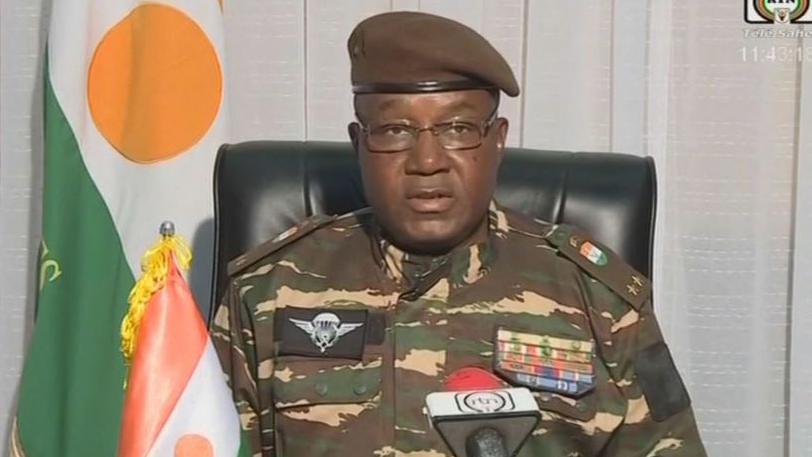Niger’s military government has announced a three-month suspension of BBC broadcasts, accusing the news organization of disseminating false information that threatens social stability and undermines the morale of troops engaged in combat against jihadists. Communication Minister Raliou Sidi Mohamed declared that the suspension would take effect immediately and encapsulates all BBC programs, including those in Hausa and French, languages widely spoken in Niger. The BBC has a significant reach in the country, with its broadcasts targeting approximately 2.4 million listeners, constituting around 17% of the adult population. While the radio broadcasts have been halted, the BBC’s online content remains accessible, and shortwave listening continues to be available, indicating a partial attempt to retain some level of engagement with the audience.
The government’s justification for the suspension cites concerns about the stability of the nation in light of reports from the BBC concerning recent jihadist violence in the Tillaberi region. On the day prior to the announcement, reports surfaced detailing assaults that resulted in the deaths of 91 soldiers and close to 50 civilians. The military junta dismissed the BBC’s coverage as “baseless assertions,” labeling it part of a deliberate campaign intended to demoralize the military and create discord among the populace. Noteworthy is the fact that reports from various credible sources, such as security blogs, corroborated the accounts of these violent incidents, further complicating the government’s assertions about the BBC’s reporting.
This incident takes place within a broader context of heightened tension between Niger’s junta and foreign media outlets. Following its seizure of power in July 2023, the military government also suspended broadcasts from French media outlets, France24 and Radio France Internationale (RFI). Since the coup, the junta has faced criticism for its inability to address escalating militant attacks, which were among the reasons cited for deposing the democratically elected President Mohamed Bazoum. The military government further announced that it intends to file a complaint against RFI, accusing the outlet of encouraging genocide, a claim RFI characterized as unfounded and defamatory, lacking a factual basis to support such serious allegations.
The pattern of media suppression observed in Niger mirrors actions taken by neighboring countries, such as Burkina Faso and Mali, both of which have undergone military coups in recent years and similarly restricted foreign media coverage. This suggests a regional trend among military-led governments in West Africa, all grappling with insurgency challenges from various jihadist factions operating in the Sahel. In these countries, the military regimes have utilized media restrictions as a strategy to manage dissent and control the narrative surrounding their governance and security operations.
The Sahel region, encompassing Niger, Mali, and Burkina Faso, has increasingly become a focal point in the global fight against terrorism, particularly regarding groups affiliated with the Islamic State and al-Qaeda. The volatility of regions like Tillaberi, situated near the borders of Mali and Burkina Faso, underscores the ongoing conflict and extreme violence that characterize the area. Despite forming alliances to combat the jihadists and pivoting toward nations like Russia and Turkey for security support, the persistent violence highlights the inadequacy of their strategies to stabilize the region.
The ongoing challenges faced by the Nigerien government in curbing extremist activities and maintaining social order will likely continue to provoke tensions with both local populations and external observers. The suspension of foreign media reflects a broader struggle between governance and civil liberties, raising critical questions about the role of journalism in conflict zones. As Niger navigates its complex security landscape and domestic policy challenges, the implications of media suppression for transparency, civic engagement, and public accountability will remain significant in shaping the nation’s future.

